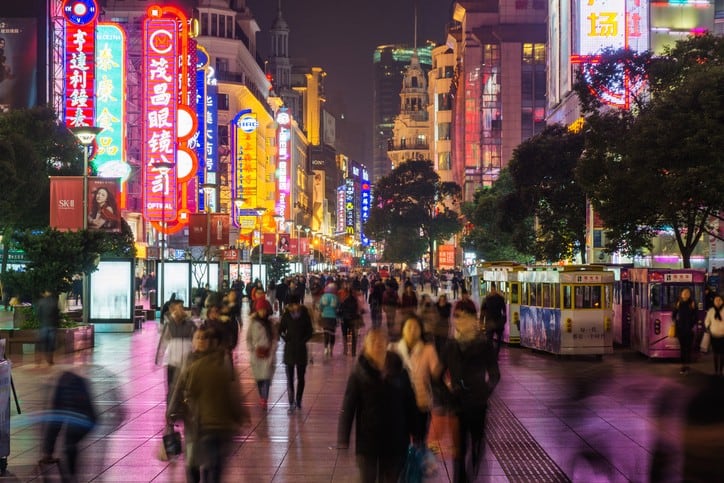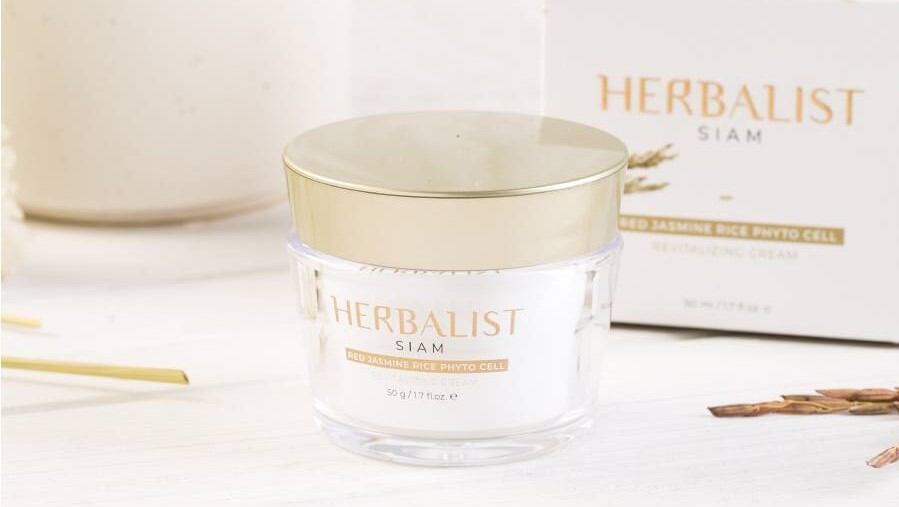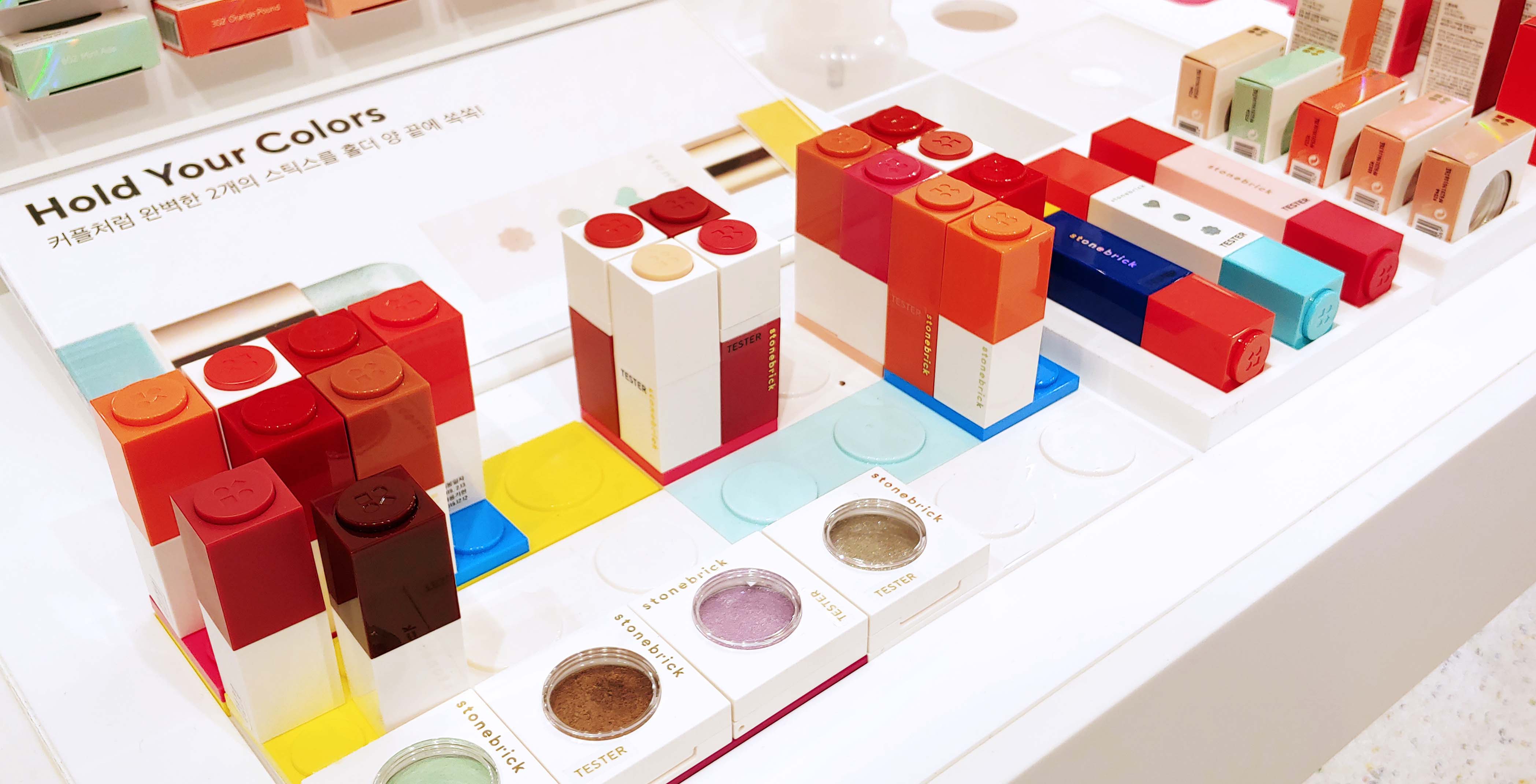1 – DSM introduces needle-free cosmetic solutions aimed at the Chinese market
DSM introduced its needle-free “Light Medical Beauty” at PCHi in Gunagzhou, as an alternative solution to invasive medical procedures.
Regional marketing lead Fabrice Guillemard estimated that China’s medical beauty market was worth $22bn in 2018.
“It’s a very huge market and more and more consumers are going for plastic surgery or less invasive actions like botox,” he said.
This shows little signs of slowing down as consumers who choose to opt for semi-invasive cosmetic solutions are getting younger and younger.
This behaviour is cultivated by the selfie phenomenon in China, explained Guillemard.
2 – Child’s play: Baby personal care market will be worth $2.8bn by 2023
The baby-specific personal care market in China will double to $2.8bn by 2023, according to new research which highlights the benefits of premiumisation and the impact of the relaxation of China’s one-child policy.
Market research firm Mintel estimates that total sales grew at a CAGR of 19% from 2013 to 2018 and was worth ¥9.6bn ($1.4bn) in 2018.
Within the market, skin care is the largest segment, accounting for 60% of the market.
Bath and soap segment is the second largest, taking up 31% of the overall market, followed the hair segment which accounts for roughly 10%.
3 – Shiseido’s China insights: Whitening, prestige and make-up are biggest opportunities
Shiseido expects whitening products, prestige beauty and make-up products to be the focus in the Chinese cosmetics market.
While concerns like anti-pollution are rising, Shohei Tamura, president of Shiseido China Innovation Centre, claimed that whitening was still the biggest concern in Asia, including China.
According to a survey conducted by Shiseido, the top four concerns of Asian women all relate to skin tone darkening.
The top concern among Chinese consumers is yellowish, sallow skin.
As such, Shiseido is still investing into this area of research, despite being one of the leaders in the category.
“We still have a lot of problems and we cannot 100% satisfy consumer’s needs,” Tamura admitted.
Currently Shiseido’s R&D team is looking into the internal factors that can affect skin tone and exploring the effect of increased blood capillaries on hyperpigmentation.
4 – Chinese firm aiming to go global with its animal-free collagen alternative
Chinese firm Jland Biotech has developed an animal-free collagen to mimic and replenish the levels of type-3 collagen in skin.
Reallagen is created with yeast fermentation technology and is genetically engineered to imitate type-3 collagen.
It was designed to have the same structure as human collagen and has good compatibility with human skin.
Serene Yuan of Jland Biotech said Reallagen solves a real pain point in the cosmetics industry.
“In cosmetics, people are looking for animal-free ingredients. Our collagen follows that trend. It’s safe for vegans and can be used for halal products. We believe it is the future,” said Yuan.
5 – Sensient answers China’s make-up safety concerns with food-grade pigments
Sensient believes there is plenty of opportunity in China for its food-grade pigments because beauty consumers are continuing to prioritise health and safety.
“With food-grade pigments, we have a way to reassure them that pigments are healthy and that's why they are more important in China compared to other countries,” said Virginie Boulier, marketing and application manager of Sensient.
Sensient believes the colour cosmetics category will continue accelerating as Chinese consumers become more interested in make-up.
“I was told only 40% of women in China wear make-up to work. That means there are still 60% of women who are not, so there’s a big opportunity to grow in the make-up category,” said Boulier.
Those who do not wear make-up hesitate because of safety concerns.





